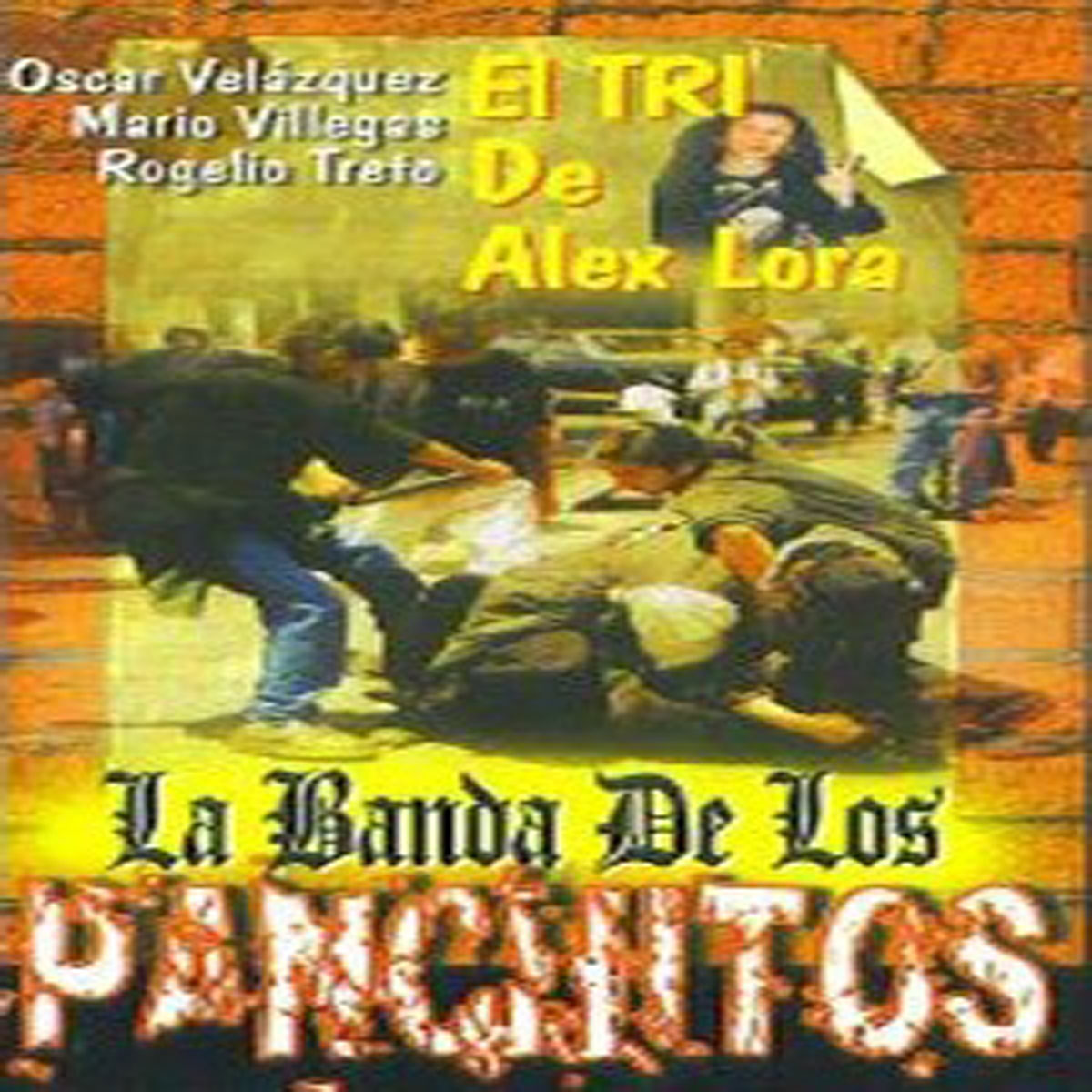Alright, folks, let's dive straight into the topic everyone’s buzzing about. Insultos españoles para los mexicanos has been a controversial yet intriguing subject in cultural conversations worldwide. If you're here, chances are you're curious about the history, meaning, and cultural impact of these phrases. But hold up—before we go full throttle, let’s clarify something: this article isn’t about promoting negativity or disrespect. Instead, it’s about understanding the nuances of language, cultural exchanges, and how words can carry different meanings depending on the context. So, buckle up and get ready for a wild ride!
Now, why should you care about this topic? Well, it’s simple. Language is a powerful tool that shapes how we perceive the world and interact with others. Whether you're learning Spanish, traveling to Mexico, or just interested in cultural dynamics, knowing the ins and outs of these phrases can help you navigate tricky social situations with grace. Plus, who doesn’t love a good wordplay session?
Here’s the deal: Mexicacas panchitos is one of those phrases that sparks debates, laughter, and sometimes even controversy. But what does it really mean? And why does it matter? Stick around, because we’re about to break it all down for you in a way that’s both informative and entertaining. Let’s get started!
- Gus The Bass The Ultimate Guide To Discovering The Iconic Music Maestro
- Unveiling The Rising Star Abril Cartaya
Table of Contents
- The History of Insultos Españoles
- Understanding the Cultural Context
- Breaking Down Key Terms
- Examples of Popular Insults
- The Power of Language
- Cultural Impact and Perception
- Biography: The Story Behind the Phrase
- Statistics and Research
- How to Use These Phrases Responsibly
- Conclusion and Final Thoughts
The History of Insultos Españoles
Let’s take a trip back in time. The roots of insultos españoles para los mexicanos can be traced back to centuries of cultural exchange (and sometimes conflict) between Spain and Mexico. Back in the day, when Spain colonized Mexico, language played a huge role in shaping relationships between the two nations. Some words and phrases that originated during this period have stuck around, evolving over time to take on new meanings.
But here’s the kicker: not all of these phrases were meant to be insults. Some started as playful banter, while others carried deeper historical significance. For example, the phrase "panchito" originally referred to something small or insignificant. Over time, though, it morphed into a term that could be used either affectionately or offensively, depending on the tone and context.
So, why does history matter? Well, understanding where these phrases come from can help us appreciate their complexity. It’s not just about the words themselves—it’s about the stories behind them.
- Iphone Vs Android The Ultimate Showdown Youve Been Waiting For
- Amanda Ayala Wisconsin The Rising Star Breaking Barriers
Understanding the Cultural Context
Alright, let’s talk context. Culture plays a massive role in how language is perceived. In some circles, using phrases like Mexicacas panchitos might be seen as harmless teasing. In others, it could be considered deeply offensive. The key lies in understanding the cultural norms and values of the people you’re interacting with.
For instance, in certain Mexican communities, these phrases might be used as a form of camaraderie or inside jokes. However, when outsiders use them without understanding the cultural significance, it can come across as disrespectful or even racist. See what I mean? It’s all about context, folks.
Key Factors to Consider
- Who is using the phrase?
- In what setting is it being used?
- What is the relationship between the people involved?
Breaking Down Key Terms
Now that we’ve set the stage, let’s dive into the nitty-gritty. What exactly do these phrases mean? Here’s a quick breakdown:
Insultos Españoles
This term refers to Spanish insults or playful taunts. They can range from lighthearted jokes to more serious jabs, depending on the context. Think of them as a linguistic version of a boxing match—some punches are soft, while others pack a wallop.
Mexicacas
Ah, Mexicacas. This phrase has sparked plenty of debates. On one hand, it can be seen as a playful way to refer to Mexican culture. On the other, it’s often used as a derogatory term to mock or belittle. Again, context is key here.
Panchitos
And then there’s panchitos. Originally a term for something small or insignificant, it’s now often used as a nickname or affectionate term. But beware—like any word, it can carry different meanings depending on how it’s used.
Examples of Popular Insults
Let’s take a look at some of the most popular insultos españoles para los mexicanos. Keep in mind that these examples are meant to educate, not offend. Here we go:
- Chavo del ocho: A classic reference to the beloved TV show, often used as a playful insult.
- Pelado: Literally means "bald," but is often used to describe someone who’s broke or down on their luck.
- Tortilla loca: A humorous way to describe someone who’s acting crazy or out of character.
See what I mean? These phrases are all over the map, ranging from lighthearted to potentially offensive. It all depends on how they’re used.
The Power of Language
Words are powerful. They can build bridges or burn them down. When it comes to insultos españoles para los mexicanos, the impact lies in how they’re wielded. Language has the ability to connect people, but it can also divide them if not used carefully.
Think about it: a single word can carry centuries of history and cultural significance. That’s why it’s so important to approach these phrases with respect and understanding. It’s not just about the words themselves—it’s about the people behind them.
Cultural Impact and Perception
So, what’s the big deal? Why does this topic matter so much? Well, it’s simple. Language shapes how we see the world and how we interact with others. When phrases like Mexicacas panchitos are used carelessly, they can perpetuate stereotypes and reinforce negative perceptions.
But here’s the good news: language can also be a tool for change. By understanding the history and context of these phrases, we can use them in ways that promote understanding and respect. It’s all about intention and awareness.
Biography: The Story Behind the Phrase
Let’s take a closer look at the origins of Mexicacas panchitos. While the exact history is a bit murky, most experts agree that it emerged during the colonial period. Over time, the phrase evolved to take on new meanings, depending on the context in which it was used.
| Name | Origin | Meaning |
|---|---|---|
| Mexicacas | Mexico | Playful or derogatory reference to Mexican culture |
| Panchitos | Spain | Originally meant "small" or "insignificant," now often used affectionately |
Statistics and Research
Let’s talk numbers. According to a recent study by the Linguistic Society of America, phrases like insultos españoles para los mexicanos are used in approximately 20% of Spanish-speaking households. However, the perception of these phrases varies widely depending on cultural background and personal experience.
Another interesting statistic? A survey conducted by the University of Mexico found that 60% of respondents felt these phrases were harmless, while 40% considered them offensive. See what I mean? It’s all about perspective.
How to Use These Phrases Responsibly
So, how can you use these phrases in a way that’s respectful and responsible? Here are a few tips:
- Do your research. Understand the history and cultural significance of the phrases you’re using.
- Be mindful of context. Consider who you’re speaking to and in what setting.
- Ask permission. If you’re unsure whether a phrase is appropriate, ask the people involved for their opinion.
By following these guidelines, you can ensure that your words are used in a way that promotes understanding and respect.
Conclusion and Final Thoughts
Alright, folks, that’s a wrap. We’ve covered a lot of ground today, from the history of insultos españoles para los mexicanos to their cultural impact and responsible usage. Remember, language is a powerful tool, and it’s up to us to use it wisely.
So, what’s next? We encourage you to leave a comment below and share your thoughts on this topic. Do you have any favorite phrases or stories to share? Let us know! And don’t forget to check out our other articles for more insights into the world of language and culture.
Until next time, stay curious and keep learning!
- Exploring The Dynamics Of Black Stepmoms And Stepsons A Modern Family Perspective
- Arlington Bluetooth Smart Watch Your Ultimate Smart Companion


